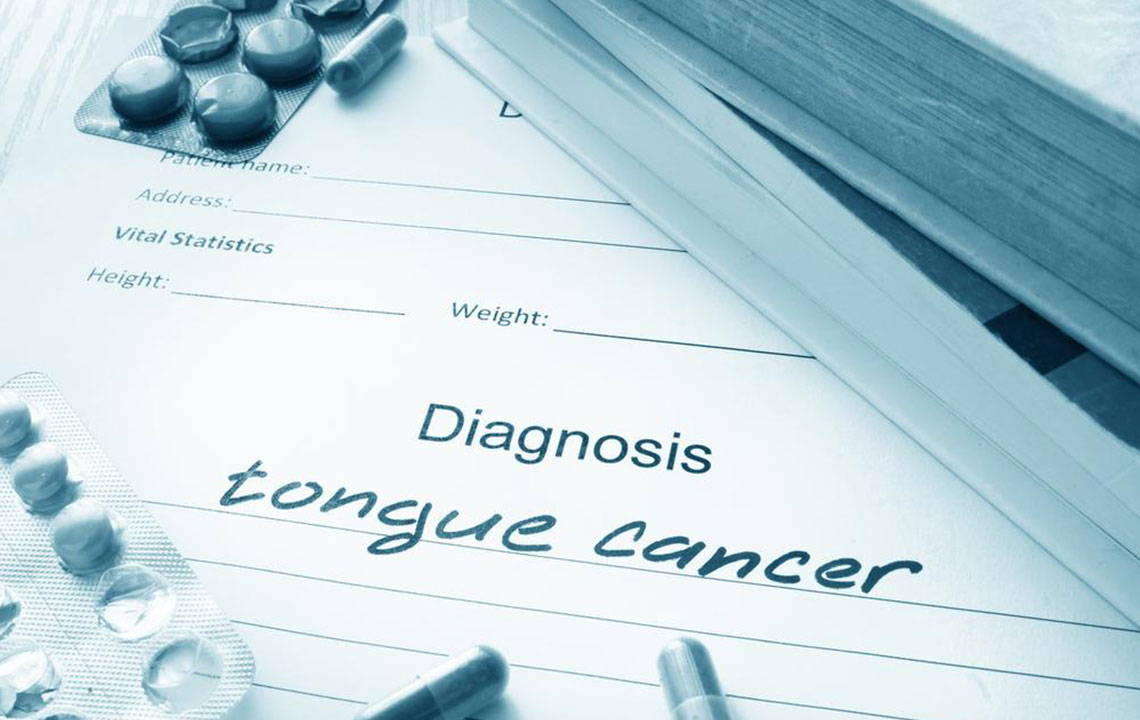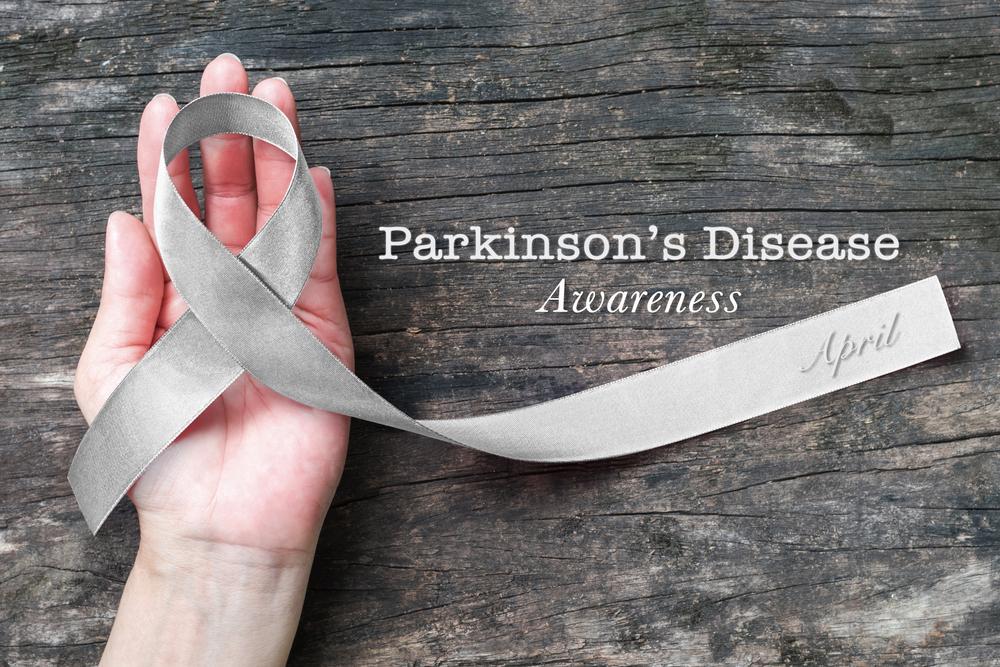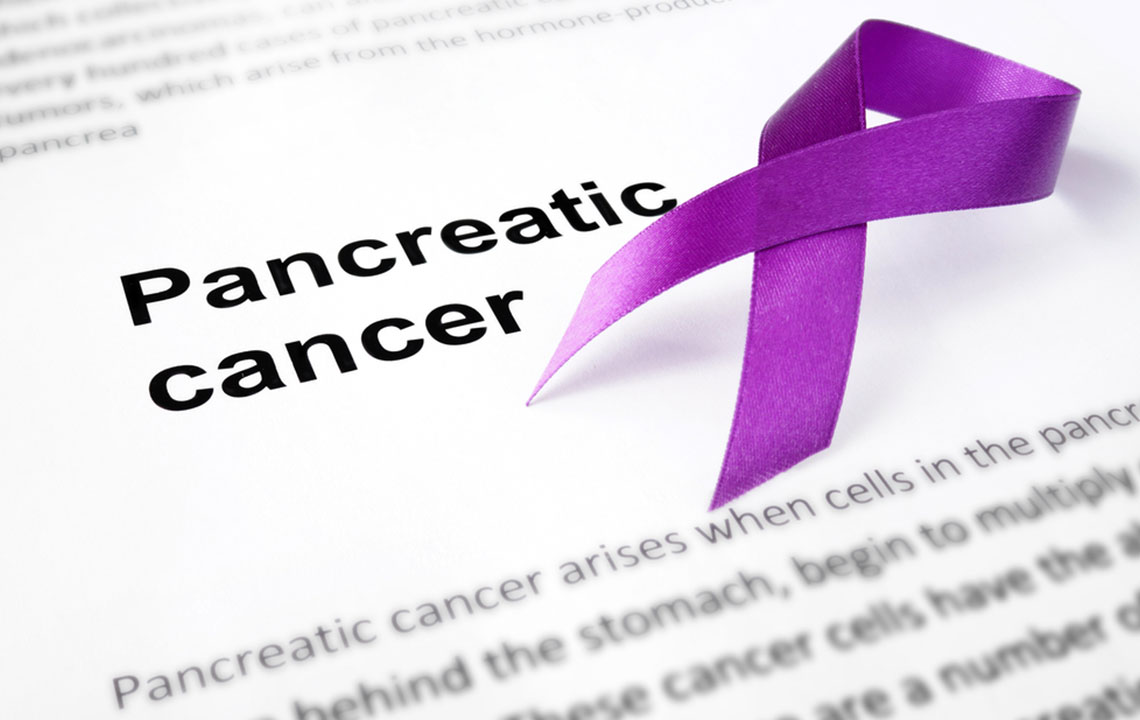Comprehensive Guide to Recognizing and Understanding the Progression of Gastric Cancer
Gastric cancer remains challenging due to its subtle early symptoms and rapid progression. This comprehensive guide details the disease stages, early warning signs like indigestion, weight loss, and abdominal pain, and highlights the importance of early detection through timely diagnosis and treatment. Recognizing symptoms and seeking prompt medical attention can significantly improve outcomes and survival rates. Understanding how gastric cancer develops and advances empowers individuals and healthcare providers to act swiftly, ensuring better prognosis and quality of life for patients. This extensive overview aims to increase awareness and encourage proactive health checks.

A Complete Overview of Gastric Cancer: Its Development and Early Indicators
Gastric cancer, commonly known as stomach cancer, remains a significant health challenge worldwide due to its often subtle early symptoms and aggressive progression. It is notorious for being one of the most painful cancers, primarily because it tends to be diagnosed at advanced stages when symptoms become more severe and more difficult to treat effectively. This emphasizes the critical need for awareness about the disease's progression and the signs that could indicate its presence at an early stage. Going through the nuances of gastric cancer’s development stages and understanding how to recognize early warning signs can facilitate early diagnosis, which greatly improves treatment outcomes and survival rates.
Understanding the Developmental Stages of Gastric Cancer
The progression of gastric cancer occurs gradually, often starting from benign lesions that go unnoticed or are mistaken for common gastrointestinal issues. In the earliest stages, the cancerous changes are often confined to the innermost layers of the stomach wall, called the mucosa. As the disease advances, the cancer penetrates deeper layers, involving the submucosa, muscularis propria, and beyond. Recognizing this progression is vital for timely intervention.
Diagnostic improvements have allowed physicians to identify and stage gastric cancer more accurately than ever before. Common tests used in diagnosis include endoscopy with biopsy, imaging scans such as CT or MRI, and blood tests to detect anemia or tumor markers. Proper staging, which determines the extent of cancer spread, guides orthopedic treatment options and improves prognosis.
Early Symptoms and When to Seek Medical Help
While early detection is critical, the initial symptoms of gastric cancer tend to be quite nonspecific, making it easy for patients and physicians to overlook them or mistake them for benign conditions. Knowing the hallmark early warning signs can greatly aid in prompt diagnosis:
Unexplained weight loss without changes in diet or activity
Loss of appetite that persists over weeks
Persistent abdominal discomfort or vague pain
Discomfort or a feeling of fullness above the navel after eating small amounts of food
Indigestion, heartburn, or persistent acid reflux that does not respond to OTC medications
Your stomach feels swollen or bloated regularly
Many of these symptoms can be attributed to benign conditions like gastritis, peptic ulcers, or gastrointestinal infections. Nevertheless, if these symptoms persist, worsen, or are recurrent, seeking prompt medical consultation is essential. Early evaluation can help identify or rule out gastric cancer, enabling timely management.
Progression and Recognition of Advanced Gastric Cancer Symptoms
As gastric cancer advances, the symptoms usually become more intense, specific, and recognizable as indicators of a serious health issue. At this stage, the disease may have spread beyond the stomach, causing systemic effects that manifest as:
Chronic fatigue, weakness, or feeling of exhaustion that doesn’t improve with rest
Unexplained anemia caused by bleeding within the stomach, leading to pallor and dizziness
Changes in bowel movements, such as diarrhea or constipation, that persist or worsen over time
Nausea, vomiting, or the vomit appearing blood-tinged
Persistent or increasing abdominal pain or discomfort, sometimes radiating to the back or shoulder
Swelling or fluid accumulation in the abdomen (ascites), making the stomach feel distended or swollen
Recognizing these symptoms early and undergoing appropriate diagnostic procedures such as endoscopies and imaging tests can significantly impact treatment options and prognosis. Ignoring persistent symptoms or delaying medical advice can lead to the disease reaching an advanced and less treatable stage.
In conclusion, understanding the progression and signs of gastric cancer is vital for early detection and effective intervention. Symptoms in the initial stages are often subtle and easily overlooked, but awareness and vigilance can make a decisive difference in patient outcomes. Routine medical check-ups and prompt attention to any gastrointestinal symptoms that persist or worsen can lead to early diagnosis, improving the chances of successful treatment and survival. Healthcare providers recommend that anyone experiencing unexplained weight loss, persistent indigestion, or abdominal discomfort should seek medical evaluation without delay. By enhancing disease awareness, promoting regular screenings, and advancing diagnostic techniques, we can improve early detection rates and reduce the devastating impact of gastric cancer globally.





